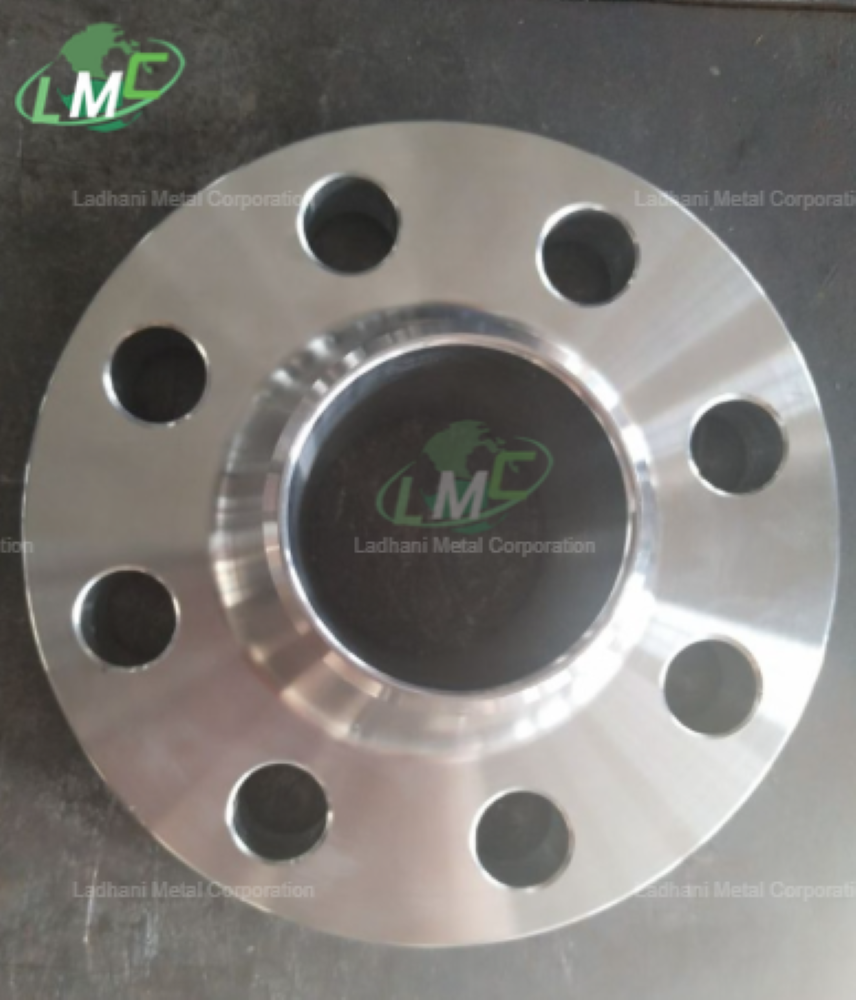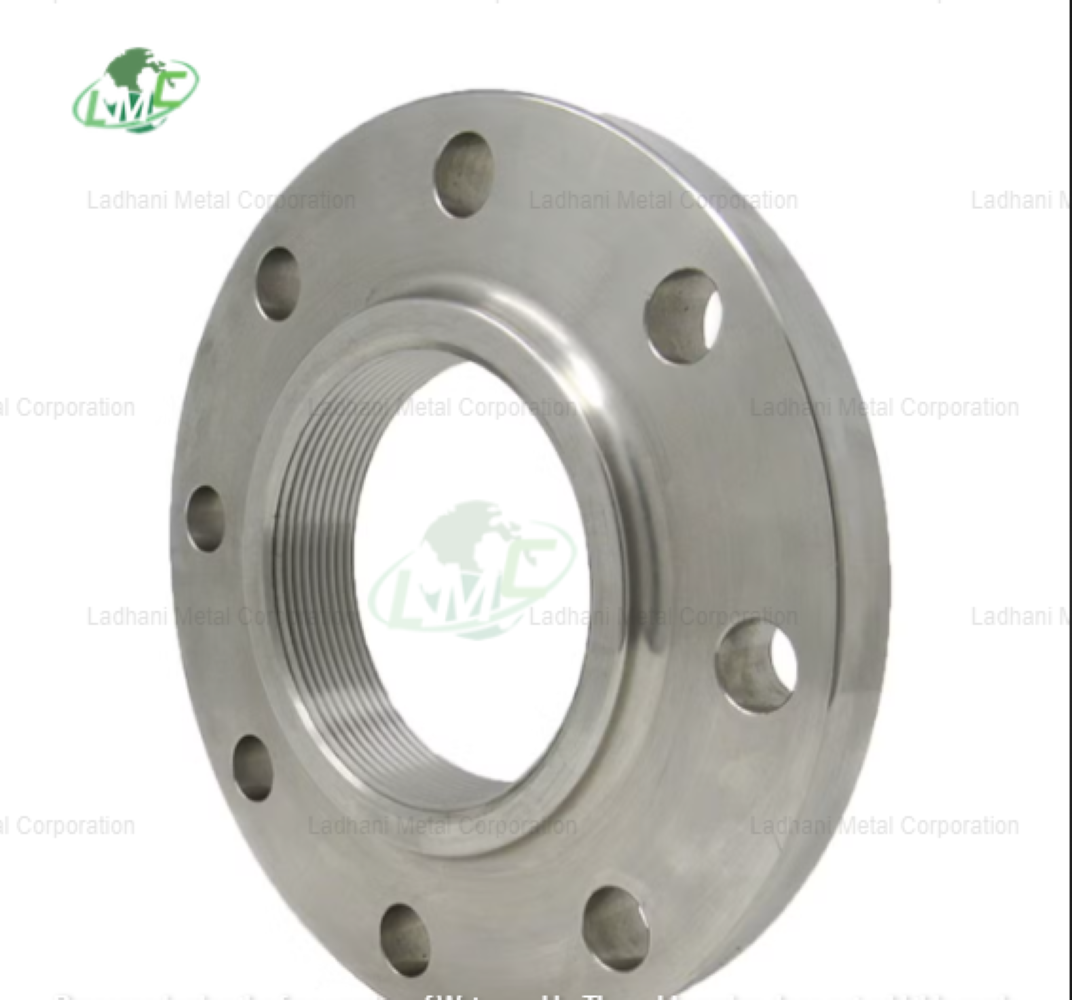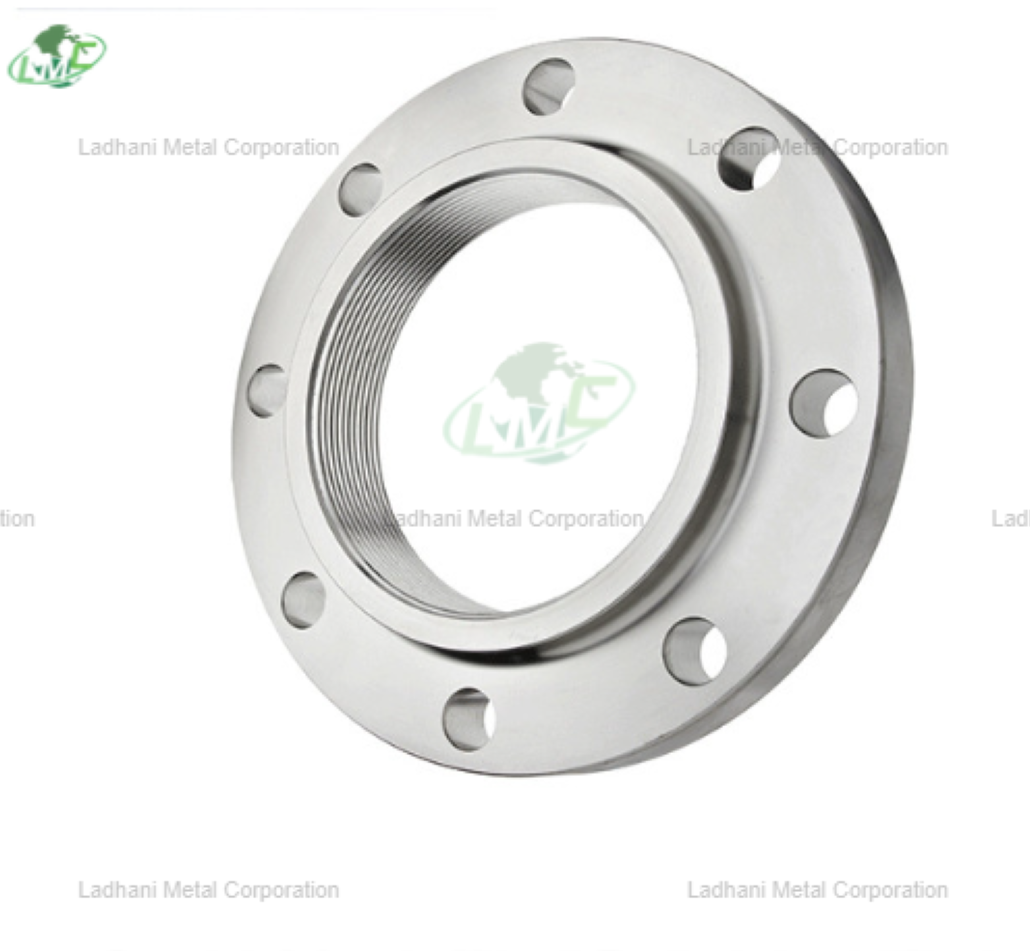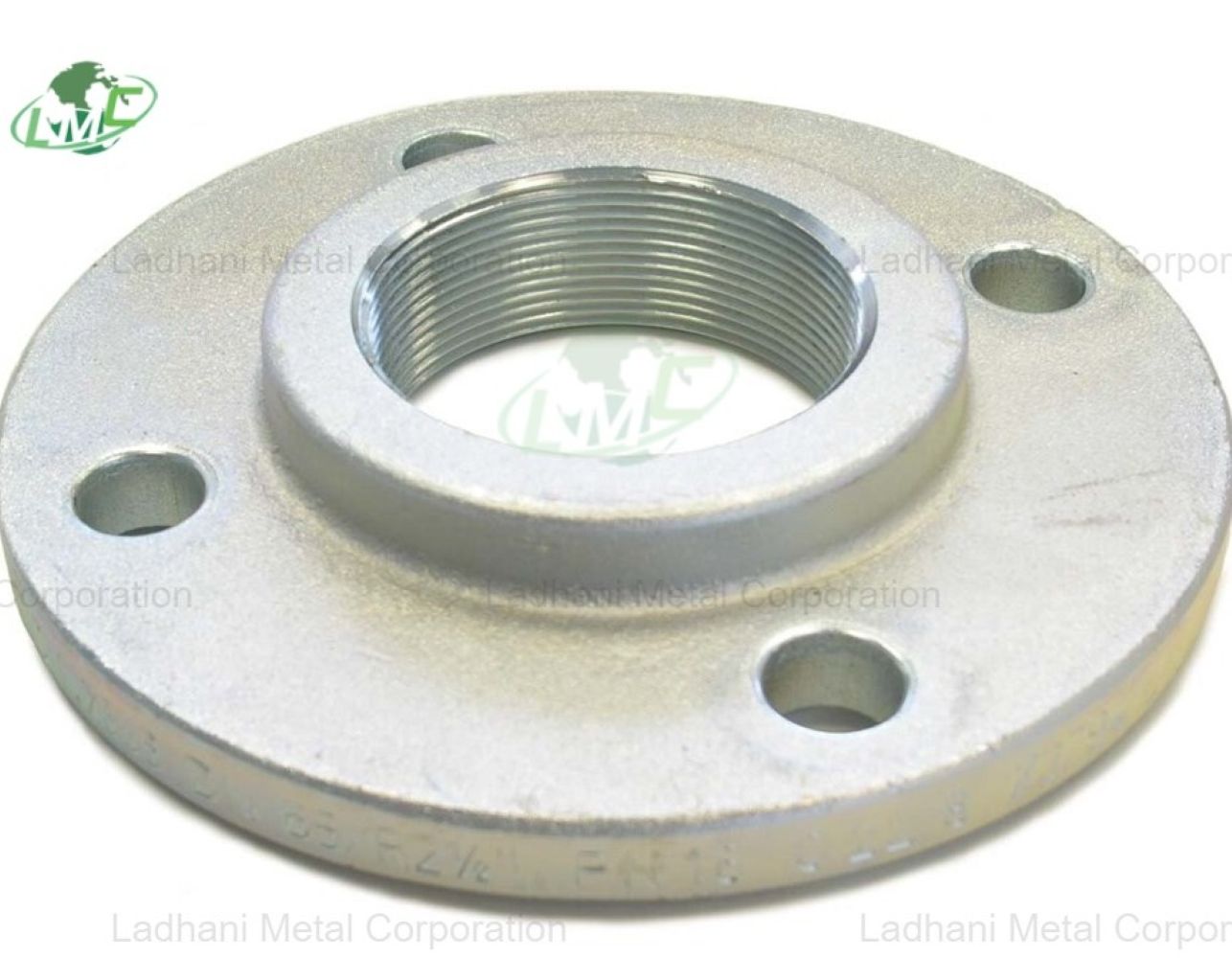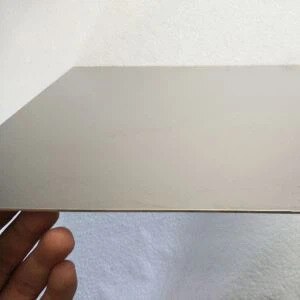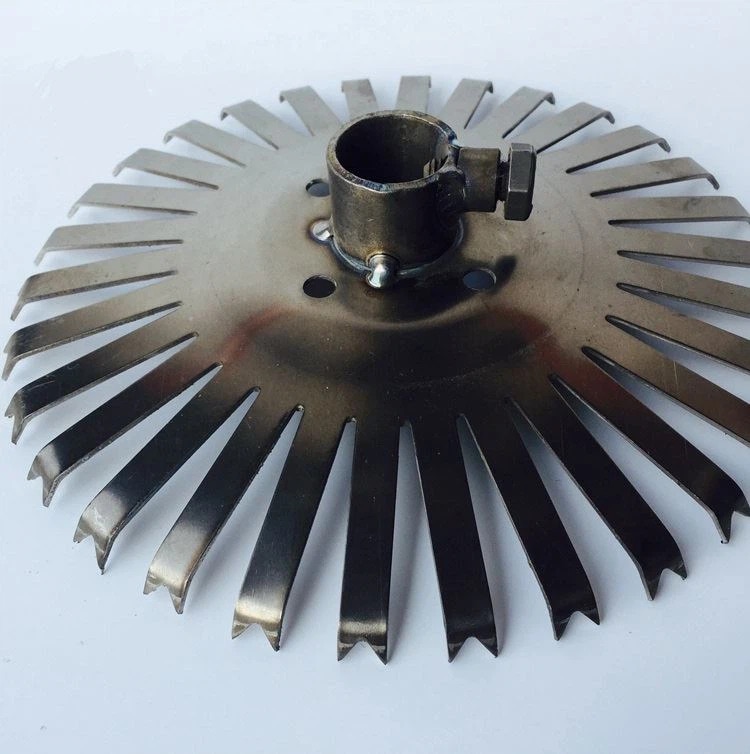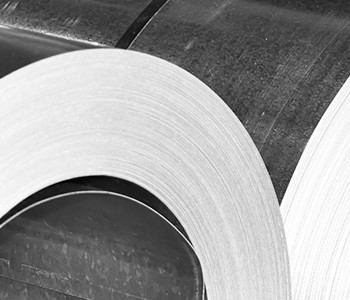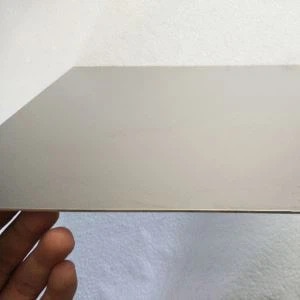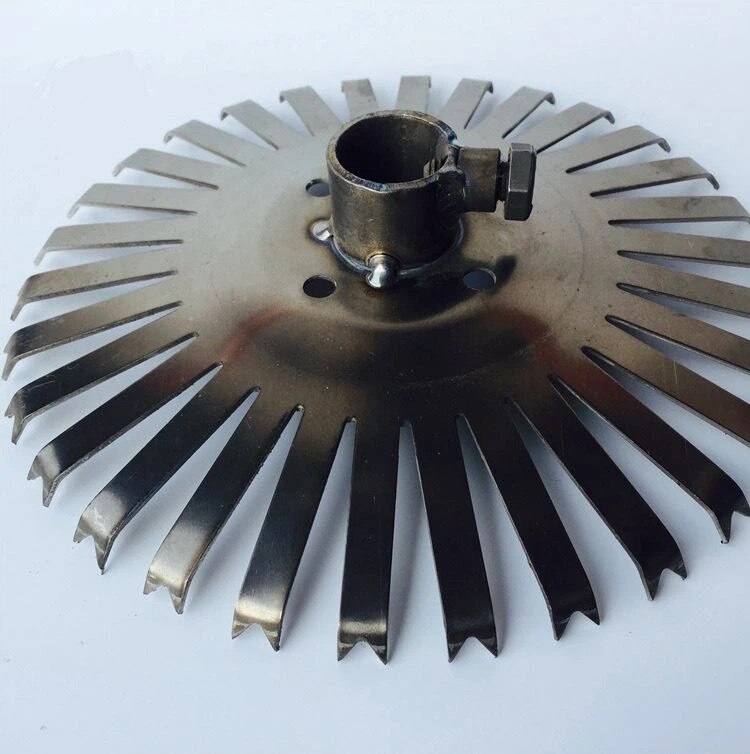DIN 2573 Titanium Flanges PN 6 are lightweight, corrosion-resistant plate flanges manufactured to DIN 2573 standards, specifically designed for low-pressure industrial and chemical applications. Fabricated from premium-grade titanium, these flanges are known for their exceptional strength-to-weight ratio, biocompatibility, and superior corrosion resistance, especially in aggressive environments involving chlorides, seawater, and oxidizing agents. DIN 2573 titanium flanges are ideal for critical applications across industries such as chemical processing, desalination, offshore engineering, medical systems, and aerospace. Ladhani Metal Corporation is a trusted supplier and exporter of precision-engineered titanium flanges, delivering products that meet stringent global quality standards. The DIN 2573 design, combined with the inherent material advantages of titanium, ensures long-lasting performance and ease of integration in low-pressure piping systems. Pressure Rating: • PN 6 (6 bar / 87 psi): Suitable for low-pressure pipelines and systems where outstanding corrosion resistance and long service life are essential, even under chemically aggressive or saline conditions. Flange Types: • Plate Flanges Standard flat flanges designed for bolted connections with gasket sealing, suitable for low-pressure service. • Flat Face (FF) Flanges Ensures full contact with mating flanges or non-metallic components to prevent stress cracking or uneven loading. • Slip-On Flanges Allow for easy alignment and welding, widely used in systems where frequent maintenance or disassembly is required. • Custom-Machined Flanges Available in custom sizes, dimensions, and titanium grades to suit specific project or industry needs. Titanium Grades and Composition: 1. Grade 2 (Commercially Pure Titanium) Composition: • Titanium (Ti): ≥ 99.2% • Iron (Fe): ≤ 0.30% • Oxygen (O): ≤ 0.25% • Carbon (C): ≤ 0.08% • Nitrogen (N): ≤ 0.03% • Hydrogen (H): ≤ 0.015% Applications: Used in desalination plants, chemical handling, marine equipment, and medical fluid systems due to its excellent formability, corrosion resistance, and biocompatibility. 2. Grade 5 (Ti-6Al-4V – Titanium Alloy) Composition: • Titanium (Ti): Balance • Aluminum (Al): 5.5 – 6.75% • Vanadium (V): 3.5 – 4.5% • Iron (Fe): ≤ 0.40% • Oxygen (O): ≤ 0.20% Applications: Preferred in aerospace, high-performance marine, and industrial applications requiring superior mechanical strength, wear resistance, and corrosion protection. Applications of DIN 2573 Titanium Flanges: • Chemical and Petrochemical Plants: Ideal for conveying aggressive acids, chlorides, and alkalis in low-pressure systems. • Desalination and Marine Systems: Exceptional resistance to seawater corrosion makes them suitable for brine, saltwater, and offshore structures. • Medical and Pharmaceutical Equipment: Non-toxic and biocompatible properties support sterile piping systems for fluids and gases. • Aerospace and Defense: Lightweight and high-strength material enhances performance in low-pressure structural and fuel systems. Key Features: • Manufactured according to DIN 2573 specifications • Designed for PN 6 low-pressure applications • Superior corrosion resistance in marine and chemical environments • Lightweight with high structural strength • Suitable for welding, pickling, passivation, and surface customization • Available in Grade 2, Grade 5, and other titanium alloys Conclusion: DIN 2573 Titanium Flanges PN 6 by Ladhani Metal Corporation offer a high-performance, corrosion-resistant solution for low-pressure systems exposed to harsh environments. With excellent mechanical properties and unmatched longevity, these titanium flanges serve critical roles in chemical, marine, medical, and water treatment industries. For detailed specifications, custom sizes, or material selection assistance, contact Ladhani Metal Corporation.
Send Message
